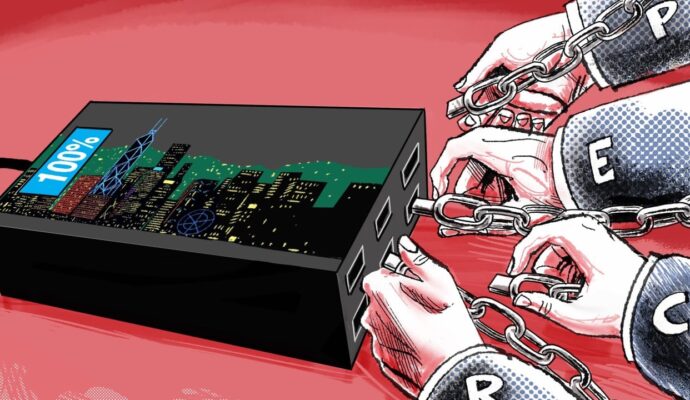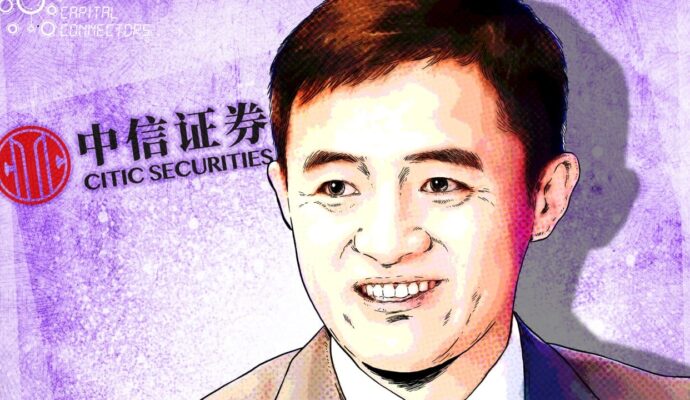Based on the terms of their agreement, Intel said it would now pay a walkaway fee of US$353 million to Tower.
Intel’s failure to obtain Chinese approval for its deal underscores the pressure faced by US semiconductor companies amid worsening geopolitical tensions. China’s review authority over global mergers and acquisitions is one tool that Beijing could use to retaliate against Washington’s export restrictions on advanced chip technology.
Updates to US export controls last October effectively ban the shipments to China of any sufficiently advanced chips or chip-making equipment without explicit approval. The US Chips and Science Act, signed into law last year, banned American companies receiving chip funding to build leading-edge chip factories in China for 10 years.
Last month, mainland Chinese regulators approved US chip maker MaxLinear’s multibillion-dollar purchase of Taiwanese semiconductor firm Silicon Motion. However, the approval came with additional conditions, including a requirement for MaxLinear and Silicon Motion to continue supply of NAND flash memory chips to China in a “fair, reasonable and non-discriminatory manner”.
MaxLinear ultimately chose to terminate its purchase of Silicon Motion.
Intel has been walking a fine line trying to balance business interests on both sides of the Pacific.
In April, Intel CEO Patrick Gelsinger visited China, where he met commerce minister Wang Wentao and spoke at several industry events, highlighting the country’s importance to the global semiconductor market. In an earnings call soon after, Gelsinger said he had been working during that trip to complete the Tower acquisition.
Gelsinger visited China again in July as his company pushed its latest processor for artificial intelligence deep-learning applications, the Gaudi2. The device is not subject to US export controls and can therefore be shipped to China.
Intel CEO Patrick Gelsinger (left) shakes hands with Chinese Commerce Minister Wang Wentao during a meeting in Beijing in April. Photo: Handout
Intel saw the Tower deal as part of its efforts to break into the chip contract-manufacturing market and provide a US-based alternative to Taiwan Semiconductor Manufacturing Co (TSMC), the world’s largest semiconductor foundry.
Western governments have signalled intention over the past year to invest in chip supply chains outside Taiwan. TSMC is building a US$40 billion factory in the southwestern US state of Arizona.
While Tower is a fraction of the size of TSMC, the smaller company serves growing markets like electric vehicles. Intel had said Tower could provide the US giant with expertise and customers that it lacked.
Intel on Monday announced a strategic partnership with American electronic design automation company Synopsys to develop a portfolio of various intellectual property offerings for its foundry services.
In the second quarter, Intel’s foundry business reported a surge in revenue to US$232 million, up from US$57 million in the same period last year.

